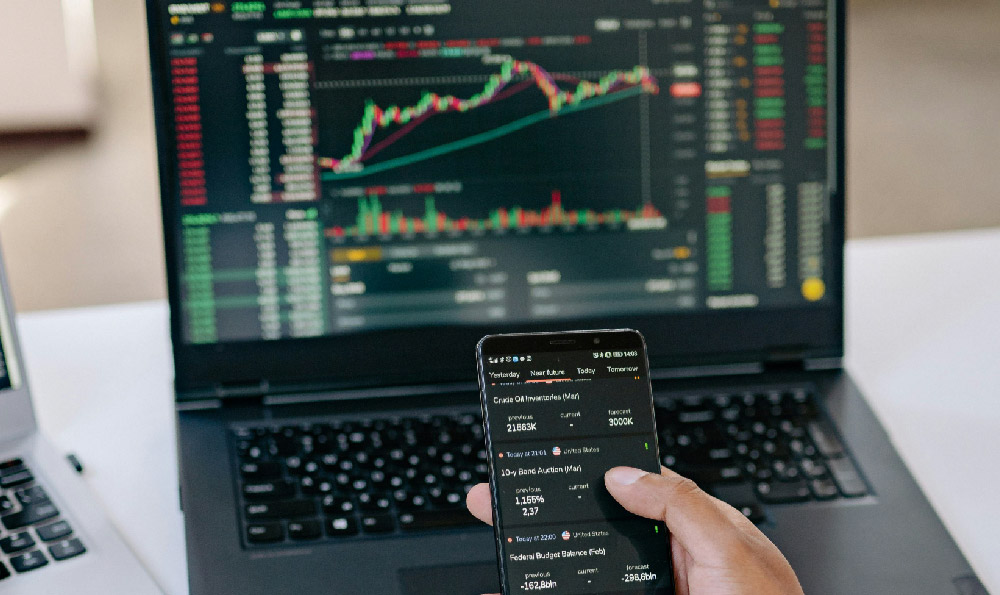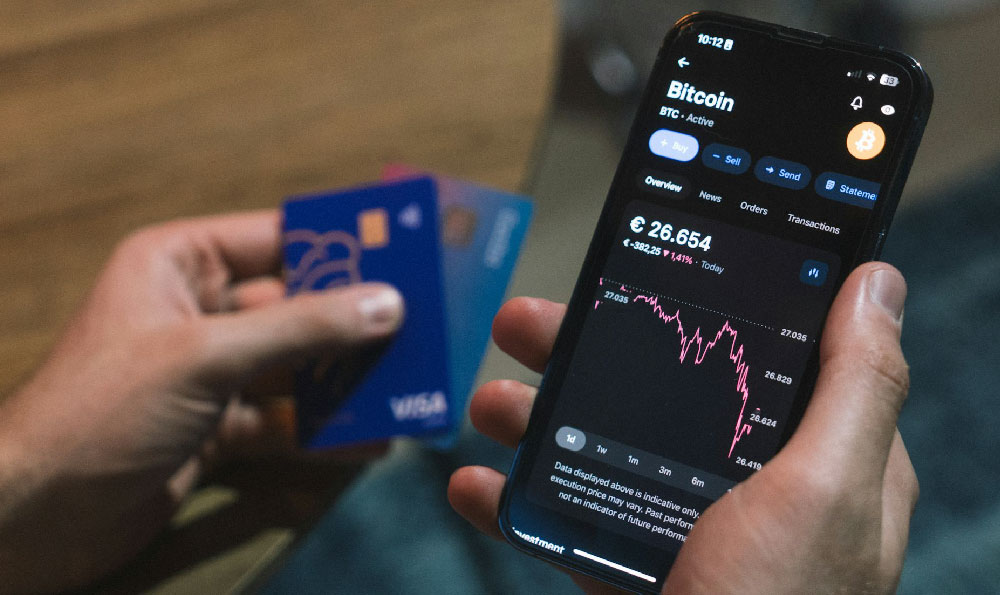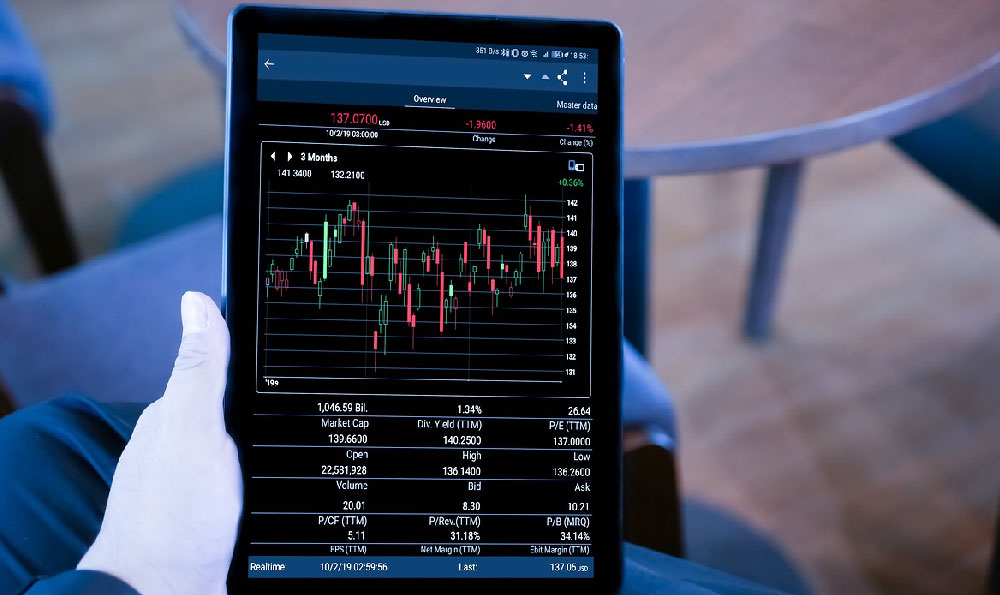George Soros, a name synonymous with both immense wealth and profound market disruption, accumulated his fortune through a combination of astute market analysis, bold risk-taking, and a deep understanding of global economics. His success, primarily built upon currency speculation and other high-stakes investments, offers a compelling case study in how to identify and capitalize on market inefficiencies and macroeconomic trends. Understanding his strategies requires a deeper dive into his philosophical underpinnings, specific investment maneuvers, and the overall context of the financial markets he navigated.
Soros's approach to finance isn't merely about number crunching or technical analysis; it's deeply rooted in his philosophical concept of "reflexivity." This theory, developed during his time at the London School of Economics under the tutelage of Karl Popper, posits that investors' perceptions of a market can influence the market itself, creating a feedback loop. In essence, Soros believes that markets are not purely rational and objective entities, but rather influenced by the biases and expectations of the participants. This understanding allows him to anticipate market movements and profit from the resulting volatility. He looks for situations where prevailing biases are strong and likely to be proven wrong, leading to significant price corrections.
A prime example of Soros's application of reflexivity is his famous bet against the British pound in 1992, an event that earned him the moniker "The Man Who Broke the Bank of England." At the time, the United Kingdom was part of the European Exchange Rate Mechanism (ERM), a system designed to stabilize exchange rates among participating European countries. Soros recognized that the pound sterling was overvalued within the ERM, primarily due to the UK's high interest rates and the government's commitment to maintaining its currency's fixed exchange rate. He believed that the British government's commitment was unsustainable, given the economic pressures.

He reasoned that the market's belief in the pound's stability was a key factor in maintaining its artificial value. If he could undermine that belief, he could trigger a self-fulfilling prophecy: a collapse in the pound's value forcing the UK to abandon the ERM. Soros's Quantum Fund took a massive short position against the pound, betting that its value would decline. This involved borrowing vast sums of pounds and immediately selling them, essentially flooding the market with sterling and driving down its price. The sheer size of Soros's bet, combined with growing market skepticism, created immense pressure on the British government to defend the pound.
Despite raising interest rates and intervening in the currency markets, the British government ultimately failed to maintain the pound's value within the ERM. On September 16, 1992, now known as "Black Wednesday," the UK was forced to withdraw from the ERM, and the pound plummeted. Soros's Quantum Fund reportedly made a profit of over $1 billion from this single trade, demonstrating the power of his reflexive thinking and his ability to execute a large-scale market manipulation strategy.
Beyond currency speculation, Soros has also employed a variety of other investment strategies throughout his career. He is known for his global macro investing approach, which involves taking positions in various asset classes based on macroeconomic trends and political developments. This often requires extensive research and analysis of global economic indicators, government policies, and geopolitical events. He looks for opportunities to exploit discrepancies in valuation across different markets and asset classes.
Soros's investment decisions are not solely based on quantitative analysis; he also relies heavily on qualitative judgment and intuition. He assembles a team of experienced analysts and traders who provide him with insights and perspectives on various markets. He then synthesizes this information with his own understanding of global economics and political dynamics to make informed investment decisions. He is also known for his willingness to take contrarian positions, betting against the prevailing market sentiment when he believes that the market is wrong.
Furthermore, Soros's approach to risk management is crucial to his success. While he is known for taking bold risks, he is also disciplined in managing those risks. He carefully assesses the potential downside of each investment and sets strict stop-loss orders to limit his losses. He also diversifies his portfolio across various asset classes and geographic regions to reduce his overall exposure to any single market. He understands that even the most well-researched investments can go wrong, and he is prepared to cut his losses quickly and move on to the next opportunity.
However, it's important to note that Soros's strategies are not without their critics. Some argue that his currency speculation can destabilize economies and harm innocent people. His actions during the Asian financial crisis in 1997, for example, drew criticism from some Asian governments, who accused him of deliberately destabilizing their currencies for his own profit. Soros has defended his actions, arguing that he is simply acting as a market participant and that it is up to governments to manage their own economies responsibly.
In conclusion, George Soros's financial success is the result of a multifaceted approach that combines philosophical insight, rigorous analysis, and bold risk-taking. His theory of reflexivity provides a framework for understanding how market perceptions can influence market outcomes, while his global macro investing strategy allows him to capitalize on macroeconomic trends and political developments. His astute risk management practices and his willingness to take contrarian positions further contribute to his success. While his strategies have been controversial at times, there is no doubt that George Soros is one of the most influential and successful investors of our time. He made his money by not just understanding the markets but also understanding how people perceive and react within those markets, and being willing to bet big on his convictions. He recognized the inherent instability in certain systems and positioned himself to profit when those systems inevitably adjusted.












